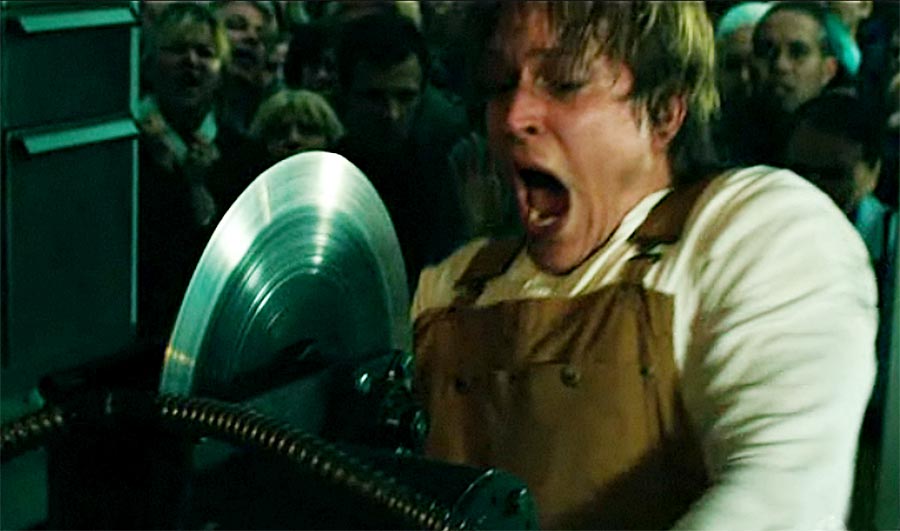
“It’s about a woman having to face the trauma she’s hidden for such a long time in order to move forward.” “My job was to help tell her story in a different medium,” he tells Tudum. “It was really important to me that I be the one to tell it.” Director Mike Barker couldn’t agree more. “There was so much of my own story and experience embedded in this character,” Knoll, who worked on the script even before her novel was published, says. Unfortunately for Ani, that’s not really possible - something that Knoll herself can relate to.

“She has normalized a lot of what has happened to her and tried to compartmentalize it, put it behind that door, and get on with her life,” Knoll says. But, is Ani’s self-proclaimed “perfect life” really enough to numb the most painful parts of her past?įans of Knoll’s novel know that a lot of darkness is hiding behind Ani’s acerbic voice, but her cool-girl veneer only begins to crack after she’s approached to participate in a documentary about a violent incident at the prestigious Brentley School that transformed her teenage years. For Ani, played with icy elegance by Mila Kunis, this rarified pronunciation represents her journey from a teenager named TifAni, who always felt out of place in her old money prep school, into Ani, the ultimate New York City insider with a gorgeous, wealthy fiancé (Finn Wittrock), a sexy magazine job (literally - sex is her beat), designer clothes and the kind of shiny hair that makes other women swivel on the street. “She will cut you if you don’t get it right,” says screenwriter Jessica Knoll, who also wrote the bestselling book that inspired the film. The first thing you need to know about Luckiest Girl Alive’s Ani FaNelli is how to pronounce her name: “Ahhh-nee” - not “Annie.”


 0 kommentar(er)
0 kommentar(er)
